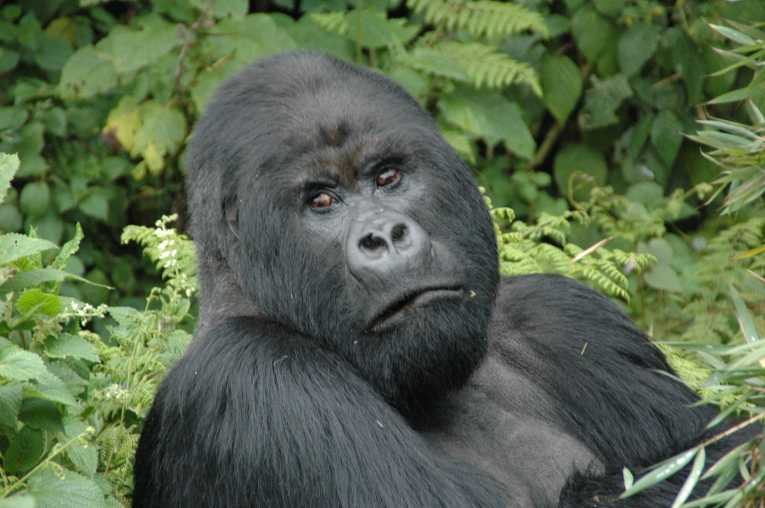There is no 'magic number' for saving endangered species, a new study has found. The research, published in the journal Trends in Ecology and Evolution, offers hope for species with critically low populations. These species, such as the Siberian tiger and mountain gorilla, were thought by some scientists to be 'too rare to save'. Some of the world's most endangered species exist in populations far smaller than previous studies had argued were necessary for survival.
A UK-US research team carried out a review of studies that used Minimum Viable Population (MVP) numbers. MVP is the estimated minimum size of a population that will give the species a 99 per cent chance of avoiding extinction over the next 40 generations. If the species' population size is below the MVP, it can effectively condemn a species to extinction. Due to limited money and resources, MVP is often used to decide whether or not to focus conservation efforts on a particular species.
After analysing the previous studies, the UK-US team dismissed the use of a universal MVP in conservation policies. The authors maintain that there is no 'magic number' for saving endangered species. Population size required to ensure survival of a species varies greatly, depending on the specific circumstances in which the population is found.
Some species may survive - and go on to thrive - with very few individuals. However, some species may need to have many individuals to thrive. Dr Curt Flather, a research ecologist, makes the point that ''the extinction of the passenger pigeon, which numbered 3 to 5 billion individuals in North America during the 1800s, is a reminder that population size is no guarantee against extinction''.
Therefore, conservationists should not give up on a species if its population is below the MVP figure. More importantly, conservationists should concentrate on the specific threats each population faces. Without tackling the cause of a species' decline, no population size will be safe from extinction.










